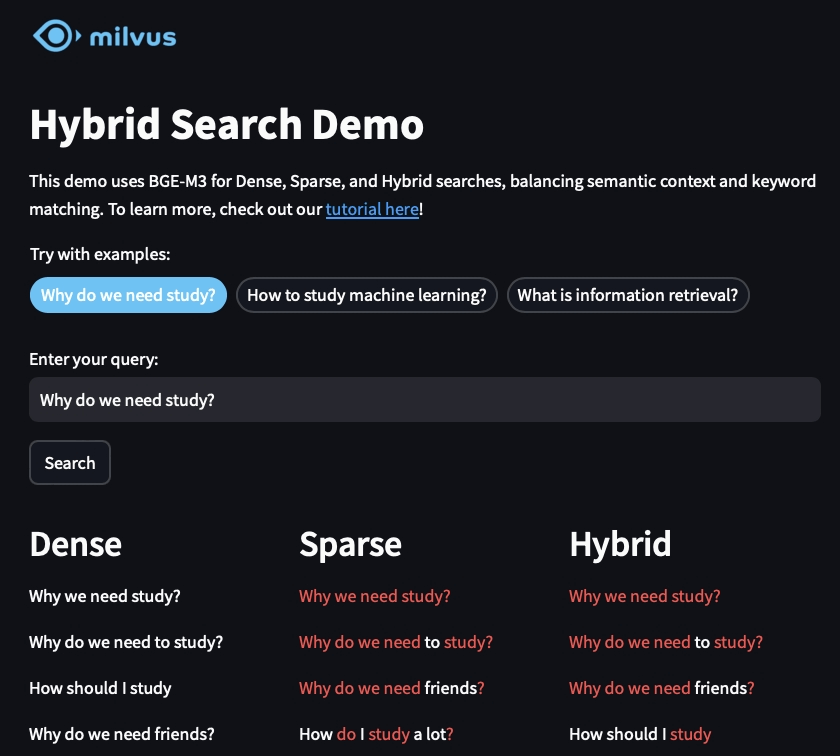In the context of full-text search within a vector database, the relevance score plays a crucial role in determining how well a particular document or data entry matches a user’s query. This score is a numeric representation that indicates the degree of relevance or similarity between the search input and the stored data, helping users quickly find the most pertinent results.
Relevance scores are calculated using algorithms that assess various factors, such as the frequency and distribution of the search terms within the documents, the importance or weight of those terms, and the proximity of terms to one another. These factors are crucial in ranking search results so that the most relevant documents appear at the top of the results list, enhancing the user experience by providing access to the most useful information first.
Vector databases are designed to handle complex data structures, often containing large volumes of unstructured data. In such environments, relevance scores help bridge the gap between vast datasets and specific user queries by efficiently narrowing down potential matches. They leverage mathematical techniques, such as vector space models and cosine similarity, to measure the angles between vectors representing the query and the document, thus quantifying their similarity.
Use cases for relevance scoring in vector databases span various industries. In e-commerce, for instance, relevance scores can enhance product search functionalities by ensuring customers see the most relevant products based on their search terms. In media and publishing, they assist in retrieving the most pertinent articles or papers. In customer service, relevance scoring can help match user inquiries with the most applicable solutions or FAQs, improving response times and satisfaction rates.
Overall, relevance scores are a fundamental aspect of full-text search in vector databases, ensuring that users can effectively and efficiently access the most relevant information amidst a sea of data. By optimizing how data is ranked and retrieved, businesses can better serve their users, making data-driven decisions more accessible and impactful.
